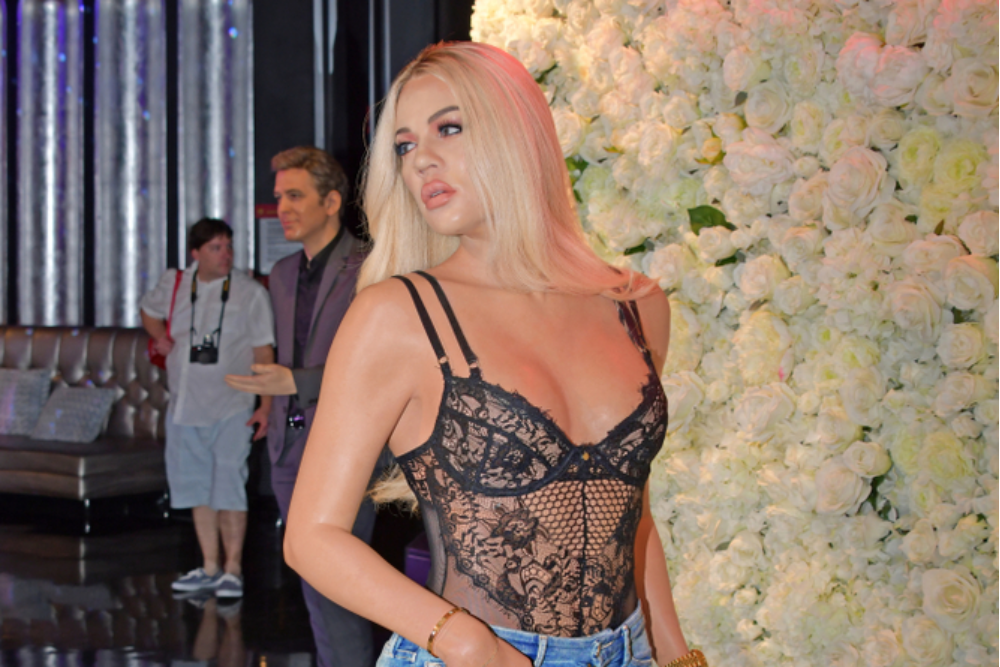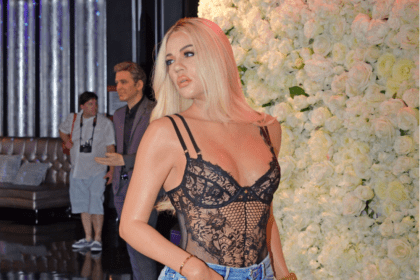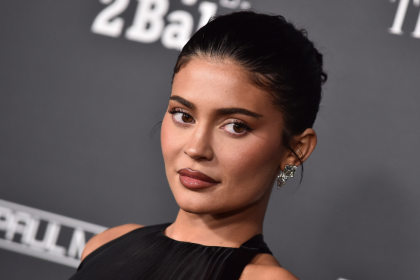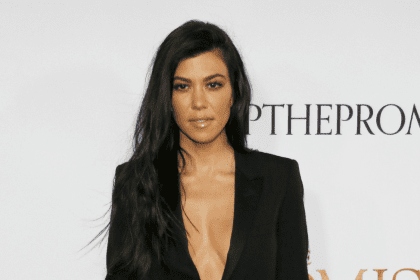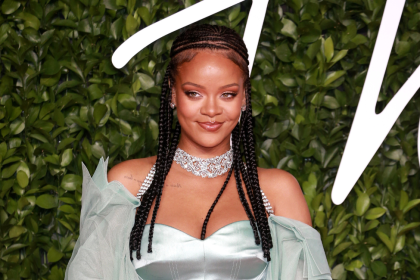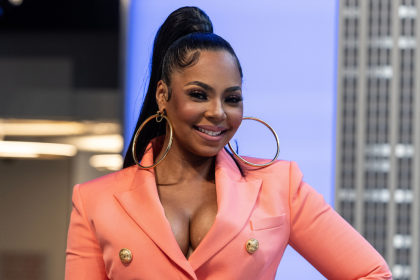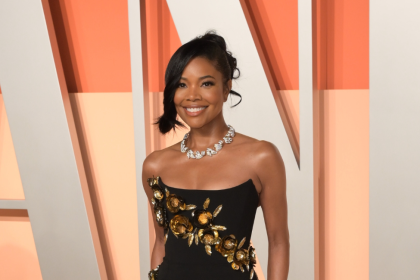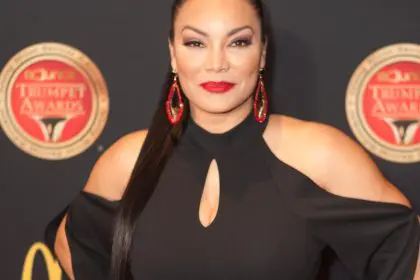Khloe Kardashian was “incredibly angry” after the death of her father Robert Kardashian and she hated being forced to talk about her loss on camera. This emotional struggle took place during a formative period in her life, as she was just transitioning into adulthood.
The 40-year-old reality TV star lost her dad when she was just 19 and she was encouraged to talk about her feelings a few years later when filming her family’s reality show ‘Keeping Up With The Kardashians’ – and Khloe insists she found the experience incredibly uncomfortable. The show, which premiered in 2007, would go on to become one of the most successful reality TV franchises in history, spanning 20 seasons.
“For about three years, I was incredibly angry,” she explained during an episode of her podcast ‘Khloe in Wonderland’ with grief expert David Kessler. Grief experts note that anger is a common stage in the grieving process, especially for those who lose parents at a young age.
“I was filming my show, ‘Keeping Up with the Kardashians’, and in season one, I remember one of my producers was making me do an interview about my dad ’cause I wouldn’t talk about my dad,” Khloe recalled. Reality TV producers often encourage emotional vulnerability to connect with audiences, sometimes creating difficult situations for cast members dealing with personal trauma.
“At that time, if I spoke about him, I would just break down.” Psychologists recognize that avoidance is a common coping mechanism for grief, providing temporary emotional protection but potentially hindering long-term healing.
However, Khloe now realizes being forced to confront her feelings was actually a good thing because it helped her move forward. Research suggests that verbal expression of grief, though painful, can be therapeutic for many individuals when done in a supportive environment.
She added: “It was as if a house got lifted off of me after that conversation. I was kicking and screaming while doing it, but as soon as I had that conversation, that was the last time that I cried when talking about my dad, in a bad way… I let go of all of this guilt and anger. Now I can talk about my dad with smiles and happiness and admiration and understanding.” This transformation illustrates the potential benefits of confronting grief rather than suppressing it.
Robert Kardashian died aged 59 in September 2003, just two months being diagnosed with oesophageal cancer, and Kessler told Khloe he’s glad she found an outlet for her grief – even if it was on camera. Oesophageal cancer is particularly aggressive, with limited treatment options when diagnosed at advanced stages.
He said: “I say people need to do this in their own time, in their own way, so I wish you would have had more choice in that… [But] somehow the camera, the audience, became a safe place for you to talk.” Mental health professionals often emphasize the importance of finding appropriate outlets for emotional expression, which can take many forms depending on the individual.
In an episode of ‘Keeping Up With The Kardashians’ season one, Khloe was seen breaking down on screen as she discussed the loss of her dad. This vulnerable moment became one of the early instances where the show transcended typical reality TV fare to address serious emotional issues.
“My sisters and my brother have dealt with it. I get very angry or just very quiet, very distant towards my family,” she said. Family therapists note that grief often manifests differently among siblings, with varying timelines and expressions of emotion.
“I try to never talk about my dad or him passing away. I can talk about him and happy moments, but not him being sick…” This selective memory approach is common among those dealing with traumatic loss, according to bereavement counselors.
She later added: “I don’t know how to deal with my dad’s death as of now, but I will find a way to cope with it and overcome it.” This statement reflected her determination to eventually process her grief, even when the path forward wasn’t clear.
Robert Kardashian, who gained prominence as part of O.J. Simpson’s defense team during his 1995 murder trial, remained an influential figure in his children’s lives despite his divorce from their mother, Kris Jenner. His legacy continues to be honored by his children, who often reference his values and guidance in their public lives.

